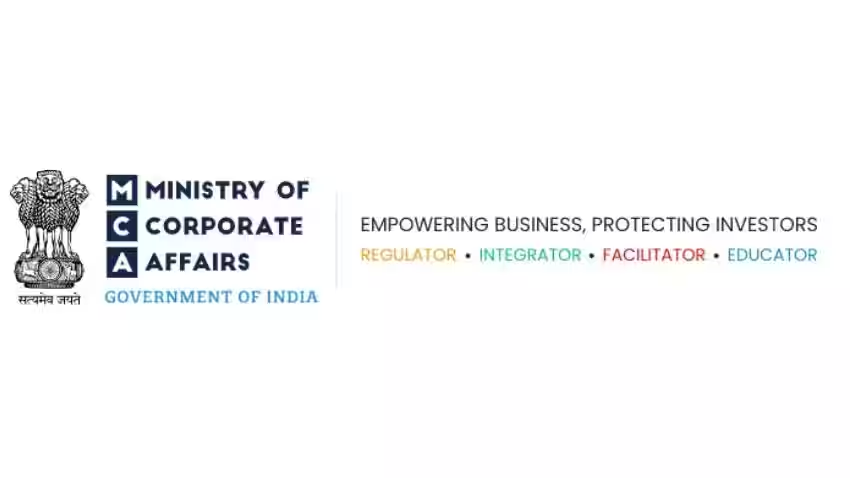In the wake of high-profile investigations and growing concerns over the misuse of related-party transactions, the Ministry of Corporate Affairs has reiterated strict compliance expectations for Indian businesses. With Gensol Engineering Ltd. under scrutiny, the government has sounded a warning about penalties, investor trust, and corporate governance lapses.
The Ministry of Corporate Affairs (MCA) has issued a stern reminder to business promoters, directors, and executives on the legal obligations concerning related-party transactions (RPTs). These transactions, involving close associates, relatives, or affiliated firms, must follow an “arms-length” standard a principle designed to ensure fair valuation and prevent misuse of corporate resources.
The ministry’s advisory was released in its April newsletter but has gained renewed relevance in light of ongoing investigations against companies like Gensol Engineering Ltd., where executives are alleged to have diverted company funds to linked entities in violation of the Companies Act.
ALSO READ: FCRF Launches Campus Ambassador Program to Empower India’s Next-Gen Cyber Defenders
Gensol Engineering Probe Exposes Systemic Gaps
The spotlight on Gensol Engineering intensified after the National Company Law Tribunal (NCLT) permitted the government to freeze the firm’s bank accounts and lockers, as well as those of its ten subsidiaries and key individuals. Investigations by multiple regulatory bodies reportedly uncovered “systemic fraud,” revealing an alarming abuse of internal financial controls.
The ministry warned that directors and employees violating norms could face steep fines ₹25 lakh in the case of listed companies and ₹5 lakh for others. Under the law, board approval is mandatory for transactions involving sale or purchase of property, leasing, or availing services between related entities, unless they occur under ordinary commercial terms.
Investor Confidence and Financial Integrity at Stake
The government’s emphasis on stricter adherence to RPT norms comes amid mounting concerns over corporate scandals that have undermined investor confidence. “Such illicit fund transfers short-circuit the normal functioning of a company,” the ministry stated, noting how erring promoters often divert capital to private interests under the guise of legitimate business deals.
To ensure scrutiny, audit regulator National Financial Reporting Authority (NFRA) has been asked to oversee statutory auditors’ diligence in verifying these deals before certifying company accounts.
The ministry reaffirmed that the regulatory framework under the Companies Act is intended not only to promote ethical practices but also to safeguard the integrity of India’s financial system.



